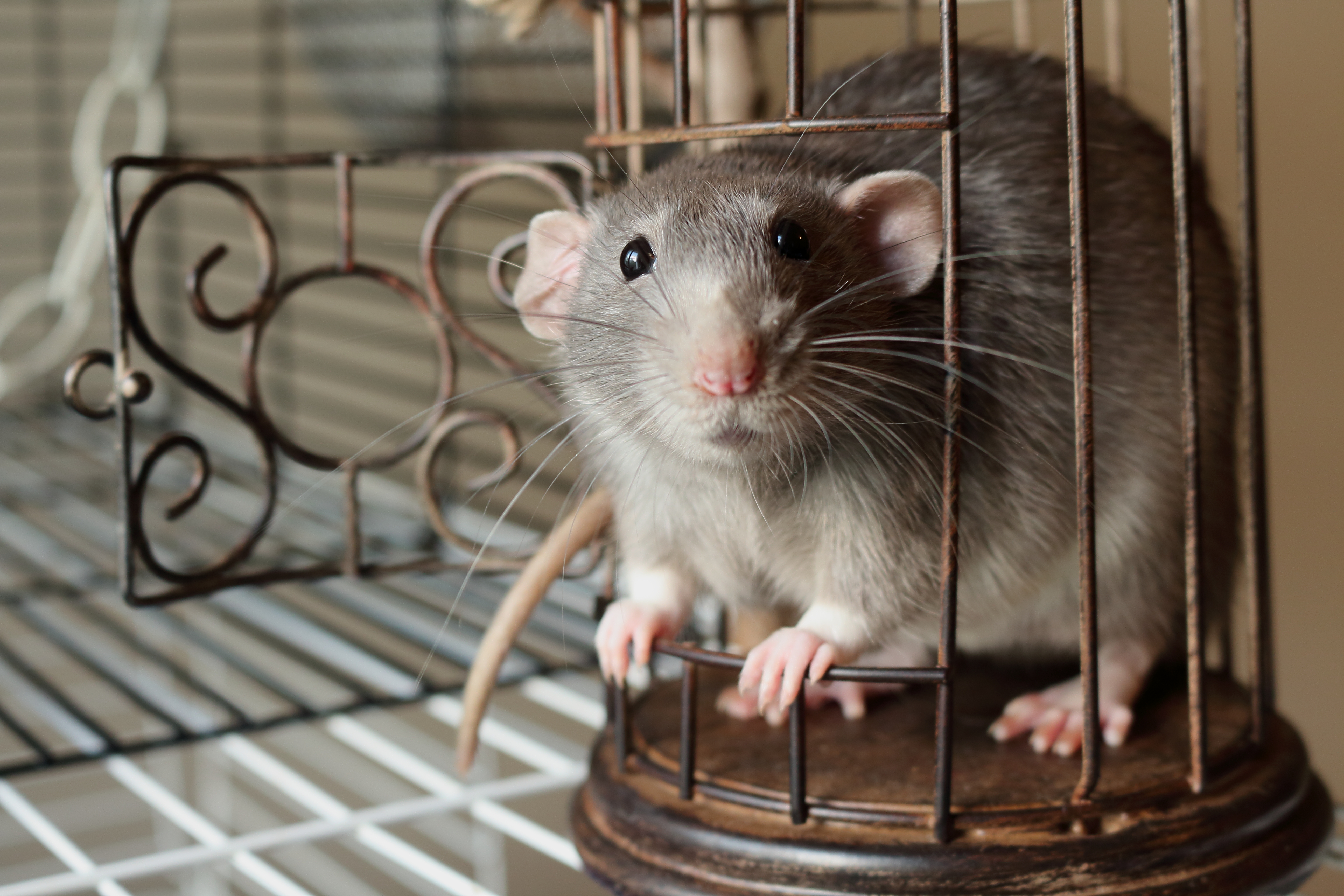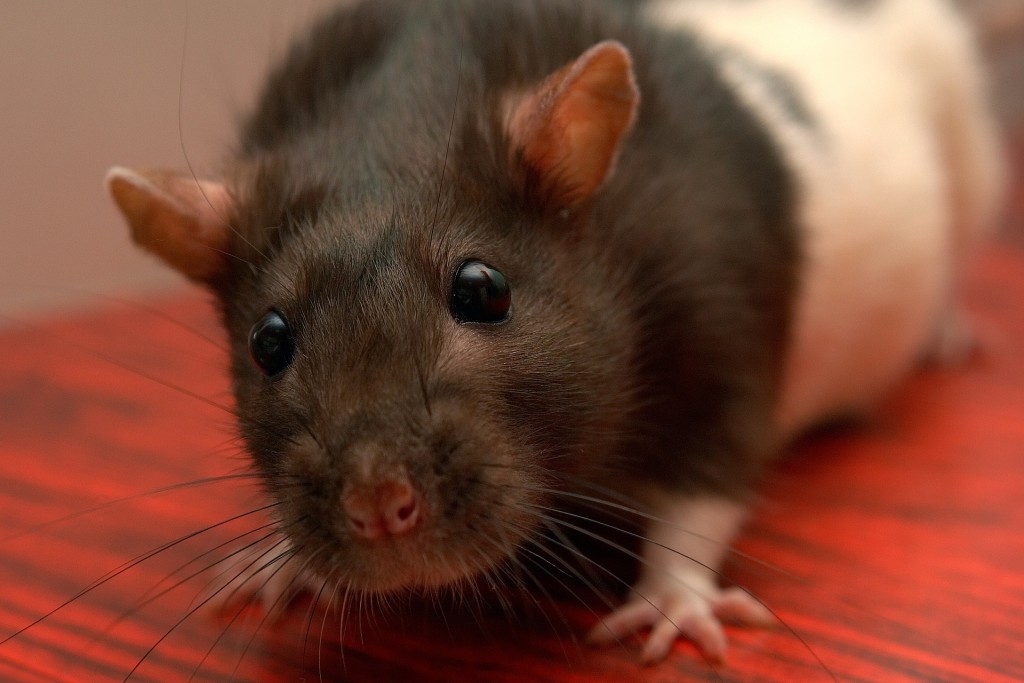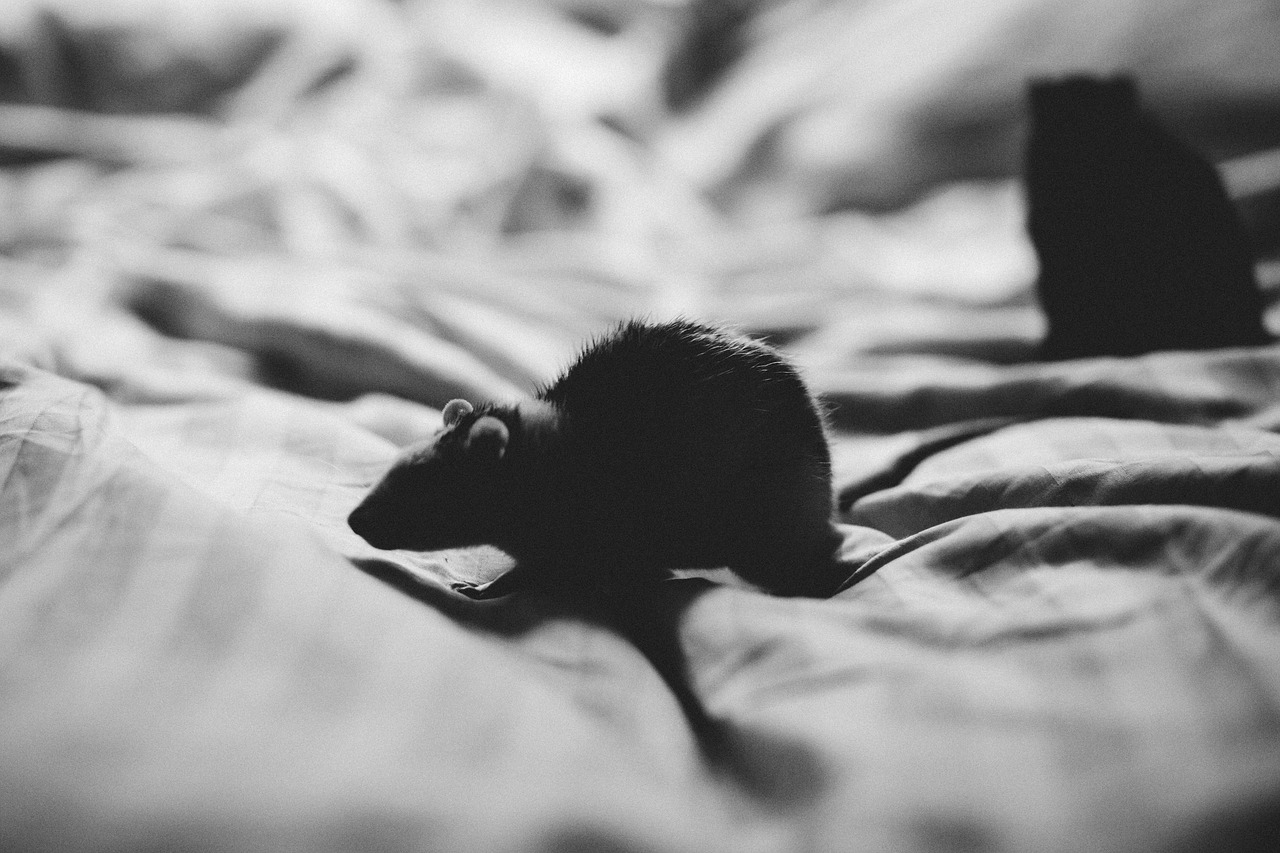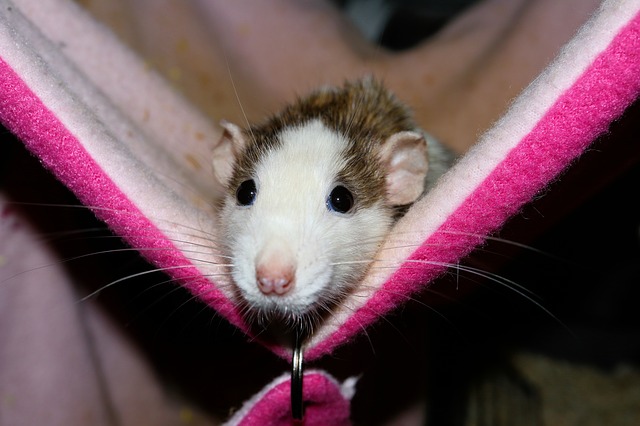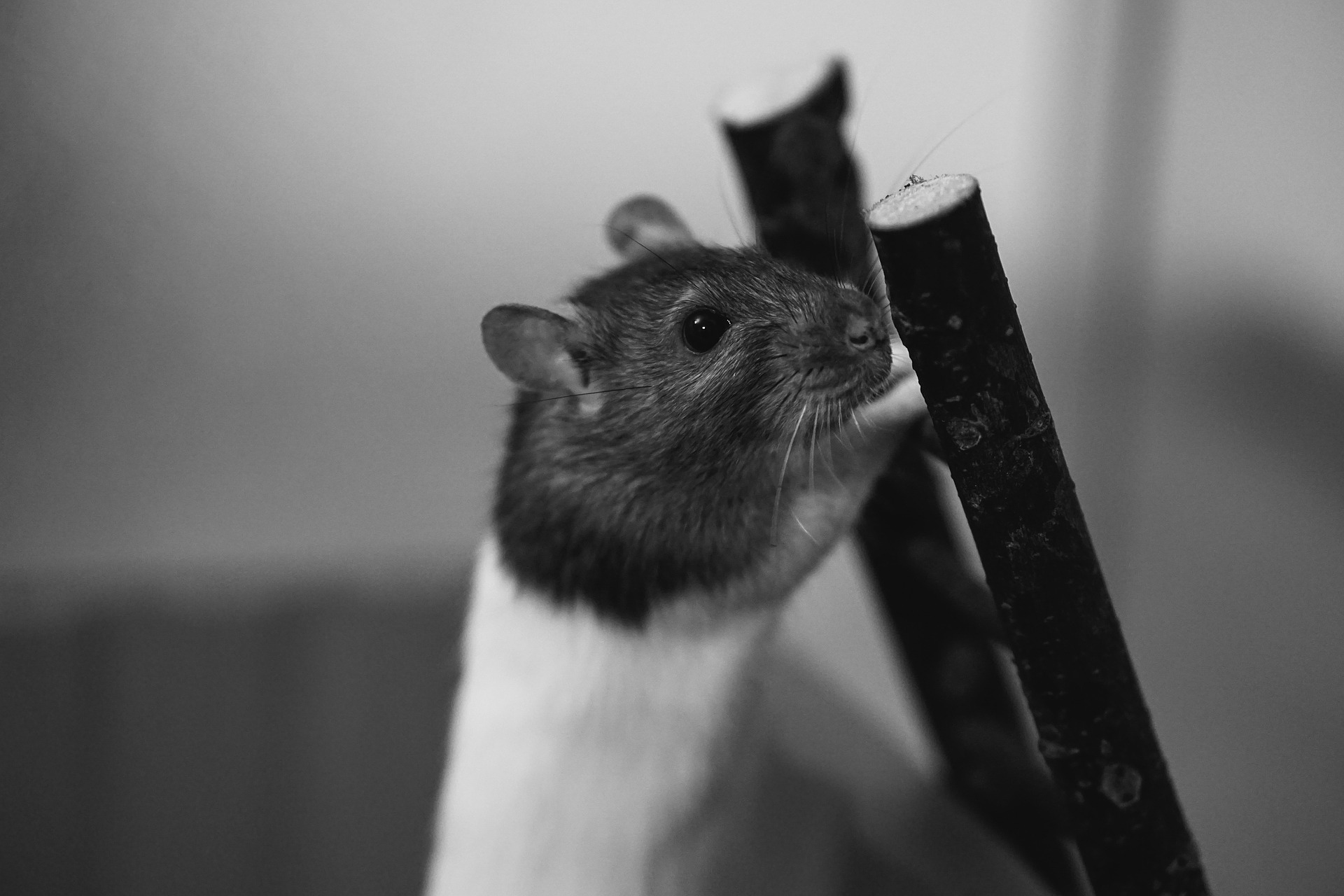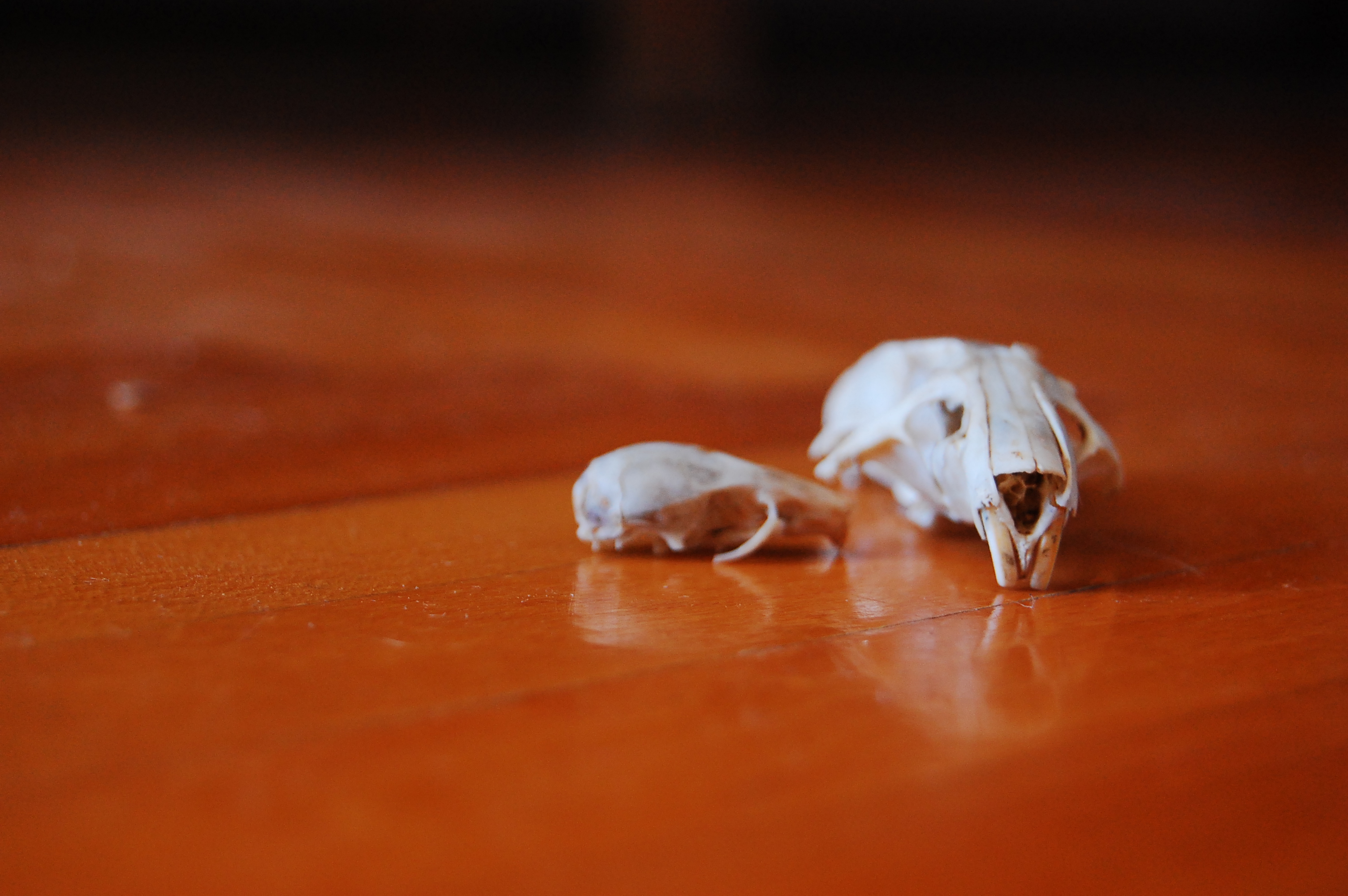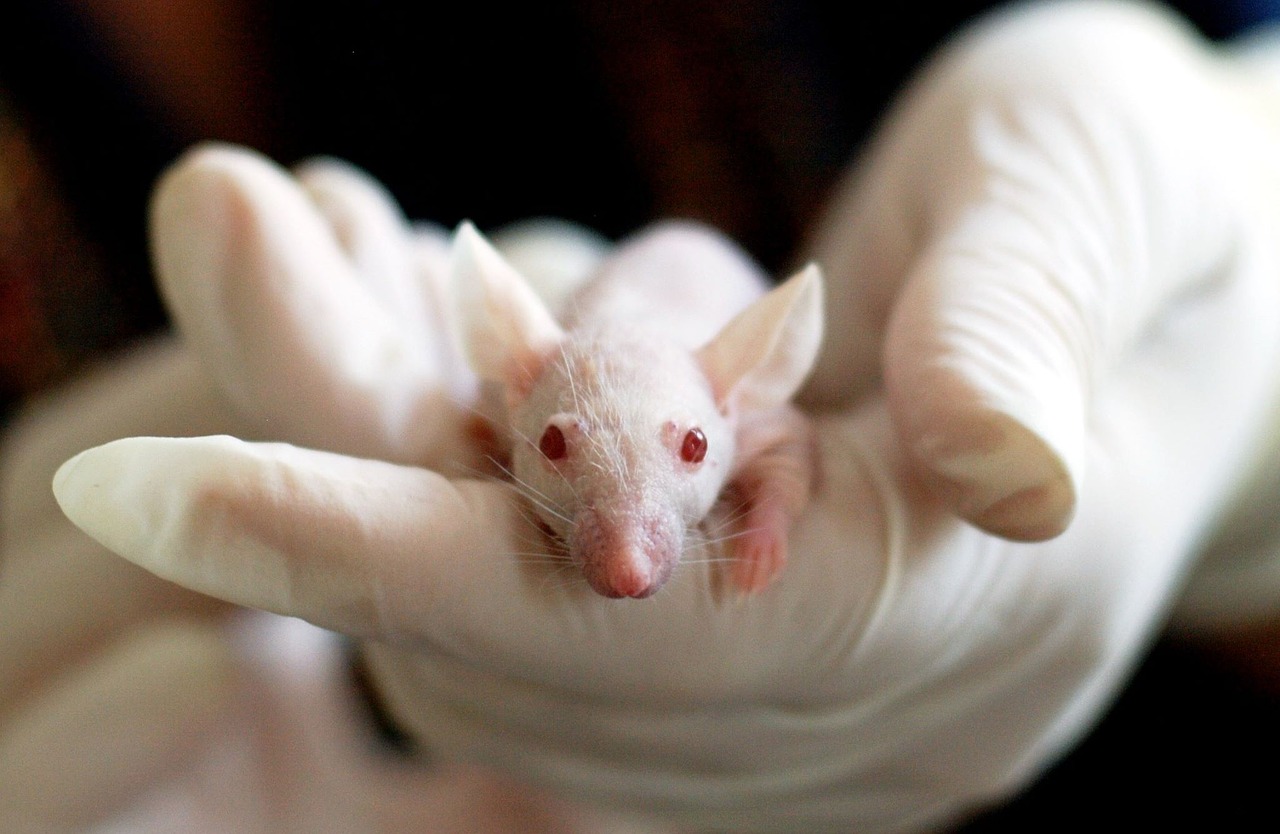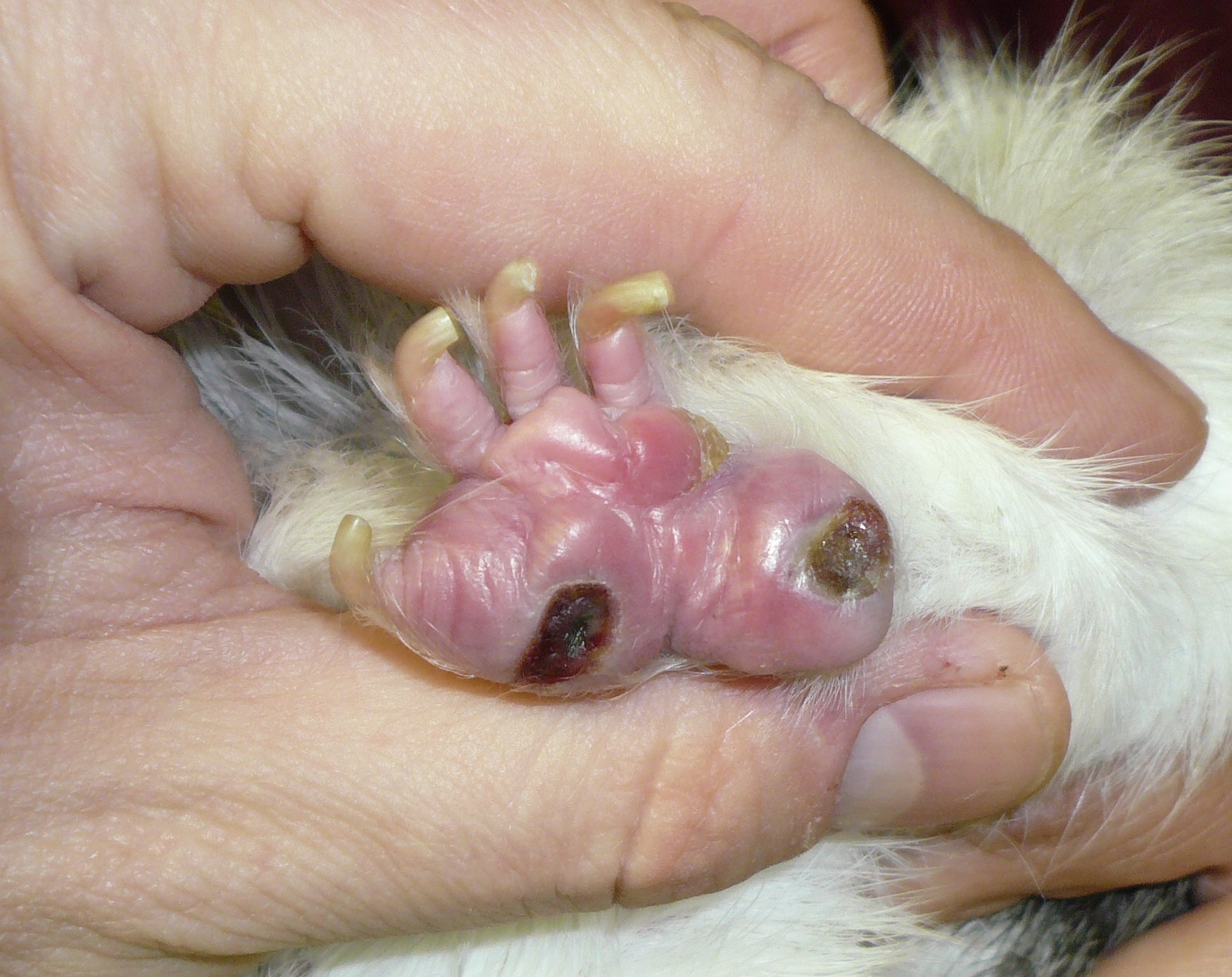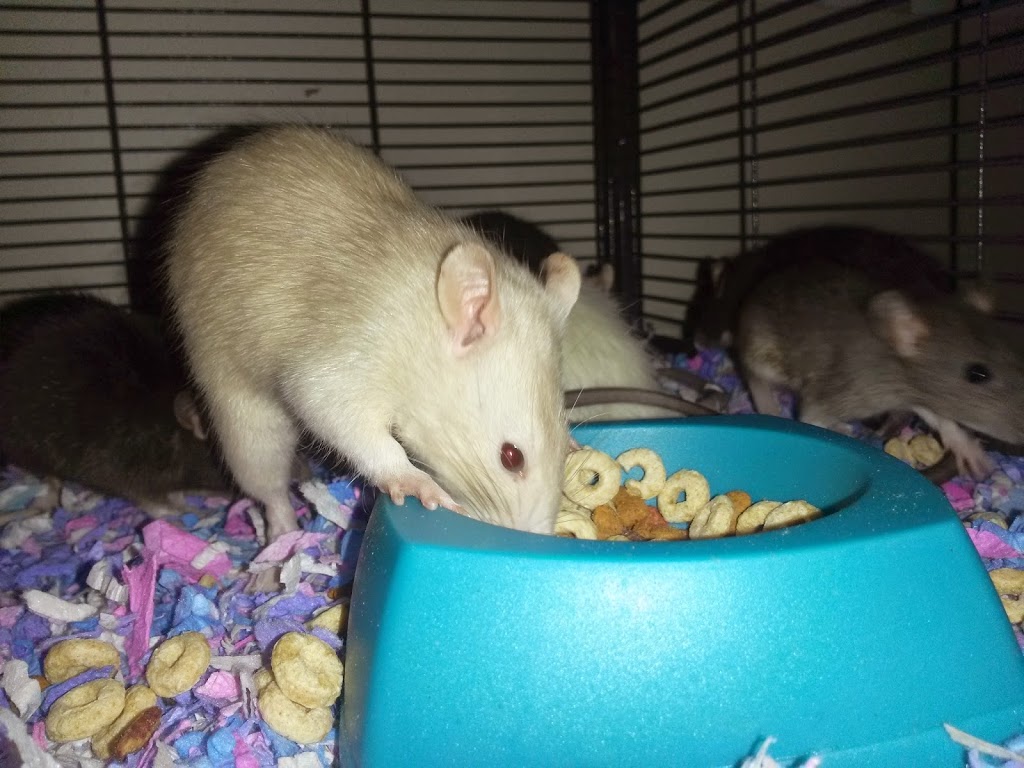Why Does My Rat Want to Get In My Mouth?

Have you noticed that your rats love to claw at your face, trying to find a way into your mouth?
It’s fairly awkward, especially for those who aren’t used to this type of behavior from their pets. Even more so if the individual is a visitor who is casually playing with someone else’s pet rats!
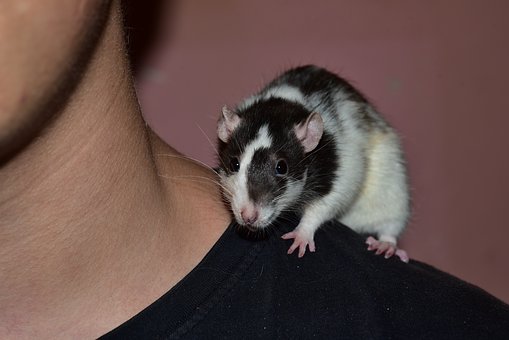
Do All Rats Play “Dentist”?
It should come as no shock that this behavior is very common (and quite frequent) among pet rats. As a matter of fact, it’s more unusual for a pet rat to not engage in this behavior. Those that don’t tend to be more independent and unimpressed with human interaction; or, they’re simply more timid or scared.
Why Do Rats Try to Get Inside of Your Mouth?
Rats eat an insane amount of food. If you’re not careful with a rat’s diet, you’ll wind up with a very obese pet who refuses to do much aside from eating and sleeping.
Thus, rats are always on the hunt for the best foods, which they know you have. They also know where that food goes, and they’re not ashamed to go in search of leftovers….. inside of your mouth.

That’s right! They’re always trying to find out what you’re eating and where it all went. If you’ve ever had a rat run up, rob your plate of food, and bolt for the underside of the nearest piece of heavy furniture, you know that they love to scheme and plot for food. They are shameless animals, and they love to take your food. Sneaky buggers, but you gotta love them!
Should I Let My Rat Get Inside of My Mouth?
Of course, no one can tell you what you can or cannot do; I will say that many rat owners allow their pet rats to climb in their mouths and do a bit of ratty dentistry. However, I was never one of those people; as much as I love my rats, the idea was very unsanitary for me. I also won’t allow a dog to lick my mouth, though; many others do.
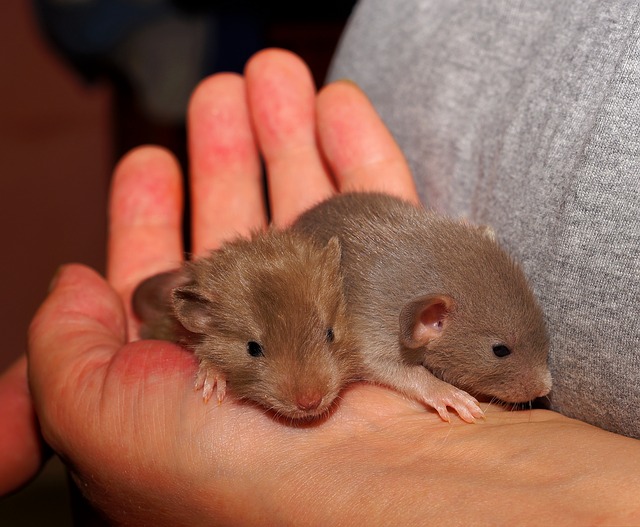
From a health standpoint, I would not advise allowing your rats to get inside of your mouth. Even if your rats are 100% healthy, they don’t exactly wash their paws at the kitchen sink (thus, their little paws aren’t clean). It sure is cute, but the thought of what could enter your mouth during that process churns my stomach.
How Can I Get My Rat to Leave My Mouth Alone?
First of all, don’t play with your rats immediately after eating a meal. This is just inviting them to investigate your hands, face, and mouth. The fresh scent of food lets them know something tasty is (well, was) close by.
Next, be sure that your rats have enjoyed a lovely little meal before you play with them. While rats are bottomless hungry pits, they will be less likely to attempt to tear your mouth open if they’ve got nearly full bellies.

Lastly, discourage behavior when it occurs. If the rat has become insistent about accessing your mouth frequently, simply set him or her down repeatedly until their attention is diverted towards something else. This might mean you’ll set down a rat 3,619 times today, but you’ll eventually get the message across.
The video below is an example of what so many rats attempt to do to their owners:
